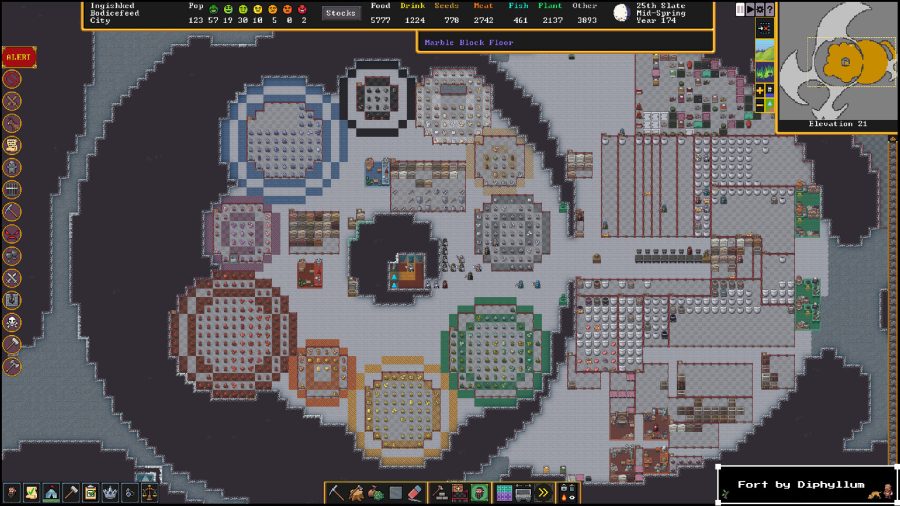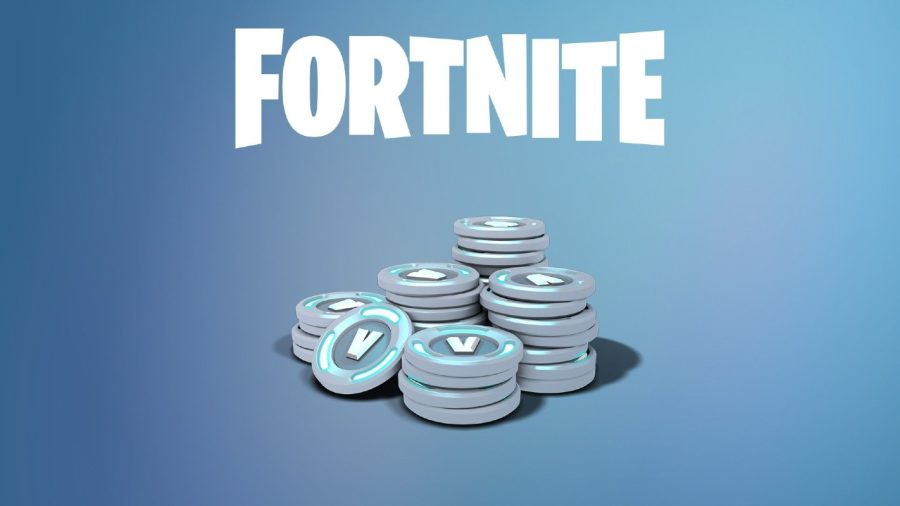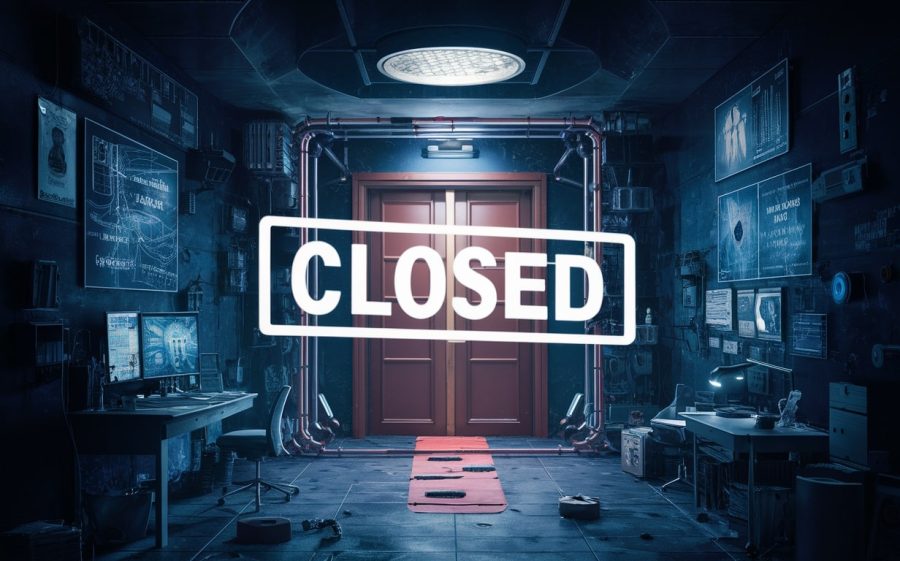Too. Much. Information. Data floods my mind and my actions become water-logged. What to do? There’s too much to do. Information washes over me, my head is submerged. Metadata fills my nostrils. I’m drowning, help!
I’m being melodramatic 🙂 But actually I do feel this way sometimes. Right now I am struggling to manage my information flow. Let me list my current methods of information management:
– Email for communication
– RSS Aggregator for reading weblog feeds
– Weblog for writing
– Linkblog for aggregating Web links (I haven’t started this yet)
– Personal journal (currently inactive, superceded by my public weblog)
– Paper notebooks, lots of ’em
– Various bits of paper with scribbled notes (a sea of them)
– Emails to myself with ideas
– Ideas Database – my dream app, not yet off the ground…it’s possibly my own personal Tim Berners Lee Semantic Web-like folly.
– SMS (I don’t use mobile phones much though)
– Tasks in Outlook (separate ones at work and home)
– To Do lists written in my diary or on pieces of paper
– Outlook calendar (work only)
– Diary: where I note down tasks, appointments, do my finances.
– Jottings in books
– Photocopies and printouts – screeds of ’em
And that’s probably just the tip of the iceberg. I haven’t even mentioned other popular forms of information management like Instant Messaging or Skype, neither of which I use. The point of all this is that I have too many data platforms. What I’d like to do is reduce it down to 4-5 key platforms. Solutions?
Erik Benson posits a “universal text box”, which would be a one-size-fits-all writing tool. Whether you’re entering a weblog entry, an email, a search query, a photo, a comment on someone else’s blog post, a ping to a server – it all gets put in the “universal text box”. This is a variation on one of my favourite themes: the Universal Canvas. To me it would be a dream web application. The nightmare scenario, however, is that Microsoft are already building it and it’s called Longhorn :-0
Erik concludes that to make a universal text box, we’ll need to reduce and consolidate in terms of functionality and features:
“I’d like to create a catalog of different ways that people can currently write to the web (web forms on a zillion different sites, all ignorant of one another, various desktop applications, all saying the same thing in a slightly different way) and find the lowest common denominator. It’s good that so much exploration has happened (that’s the benefit of allowing innovation to occur in a distributed fashion) but I think innovation in the “write to the web” action is going to have to go through a couple steps of choice reduction and consolidation before we fully cross the chasm.”
nb: emphasis mine
This is pretty much what I want to do in my own personal world of information. I want to pare down my data platforms to the bare minimum. I want 4-5 platforms maximum, which could be the following:
– Writing tool – my weblog and my paper notebooks (I still need both computer and pen)
– Ideas: Database
– Communication: Email
– Tasks: Outlook (or Chandler when it is finished)
– Reading tool: RSS Aggregator
Ideally I’d like to have just one app: one tool that rules them all. Not everyone would agree with me though. Andrew Chen is one person who believes we need specialist tools. Andrew writes:
“We need to make things “fun” for people to enter in the necessary MetaData in order for things to work. And to do so, we need more than just some generic one-size fits all data-entry method. That’s why I think we’ll need speciallized tools for each type of “fun” meta-data that people might want to enter.”
I appreciate what Andrew is driving at and I agree it is fun to play with all the new Web toys that come out. But on the other hand… the amount of choice in web applications these days gives me a headache. There are just too many tools for a single human to grok. For example, every time I go to the Mozilla Projects webpage I feel a tremendous pressure of information… like a dam that’s near bursting. Or when I go to the W3C site, I’m battered by giant waves of protocols and standards. Or when I go to SourceForge.net, I’m soon engulfed by the flow of web apps.
Yes I would be much happier with less information, less tools. It’s why I’m so fond of the humble Web Browser, which is the nearest thing we have to a Universal Information Application. Sure it’s not perfect, it’s not a “smart” client. But hey, we can write in it. We can read in it. We can plug things into it (like Flash, or the latest Laszlo app). The Web Browser will suffice for me thanks… at least until Erik builds the Universal Text Box, in which case I want one 😉









